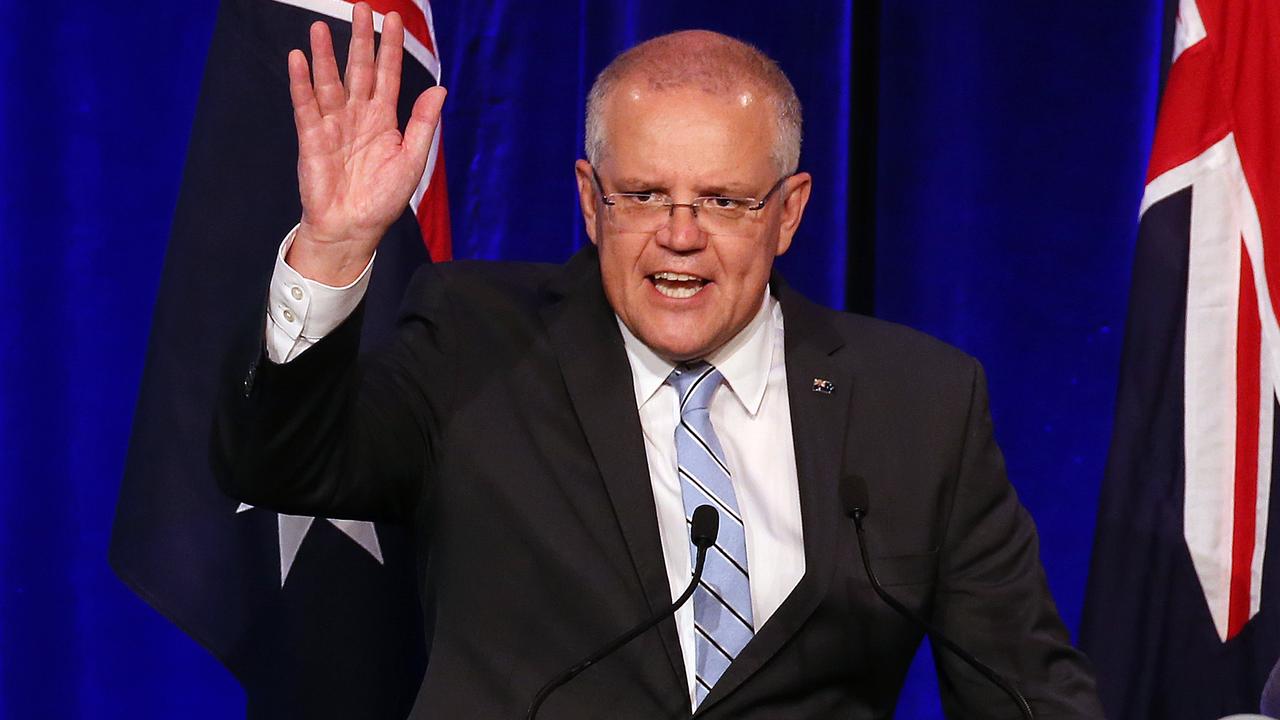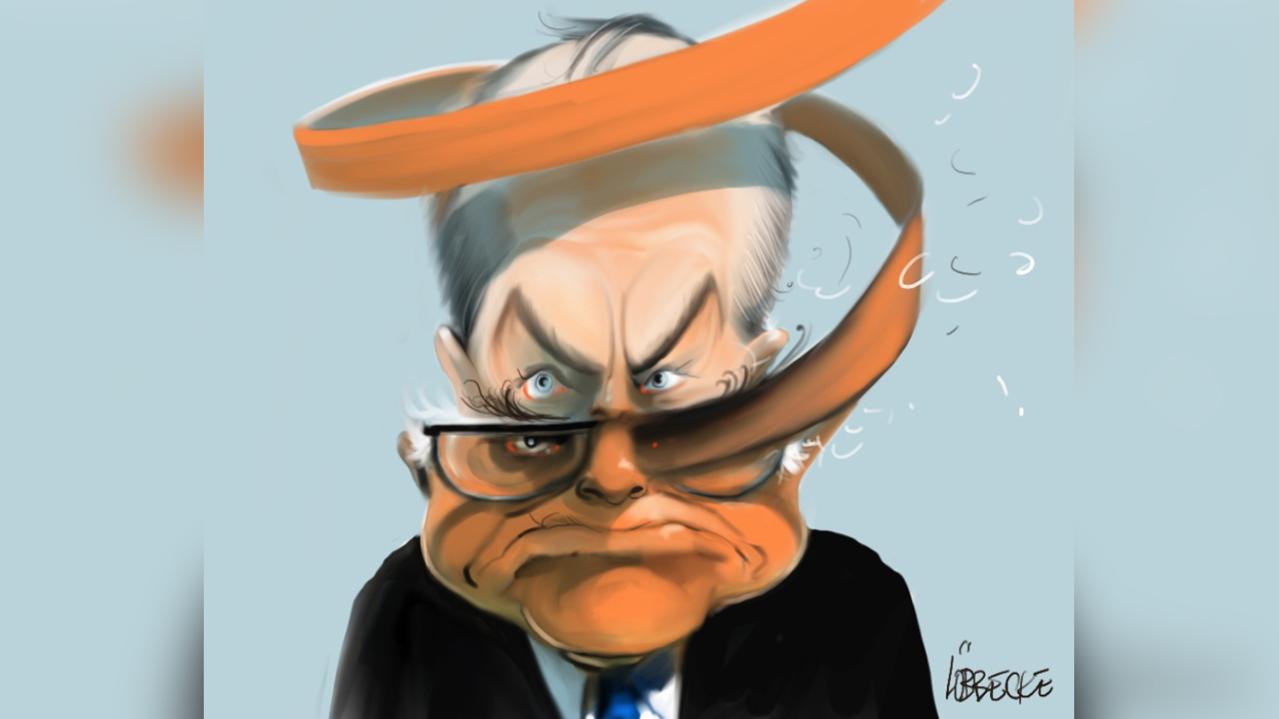YESTERDAY the writs were issued for the West Australian election, and for Labor the task of winning at first glance looks nigh impossible. Opinion polls point to an electoral wipeout for the opposition, and with the federal government so on the nose, voters may use the state election to send it a message.
Yet Colin Barnett's government cannot take victory for granted. There are local issues that make his life difficult.
The Liberal Party is a minority government, dependent on support from independents and the Nationals (who are not in a formal coalition).
Labor holds 26 seats in the Legislative Assembly, and needs only four more to secure a majority in the 59-seat chamber. Morley, a traditional Labor electorate, should come back into the Labor fold. Fremantle, won by the Greens at the last election, should do the same.
That gives Mark McGowan's opposition 28 seats, needing only two more to return to government just one term after Alan Carpenter suffered a shock defeat.
If voters think the election is already won (as the polls tell us they do), they should think again -- even a small protest vote against the government would be risky business for Barnett.
Labor's difficulty, however, will be holding on to the seats it already has, especially in regional WA. The Nationals' Royalties for Regions program has delivered billions of dollars for regional parts of the state. The Nationals hope to pick up a handful of new seats because of it, especially in the state's north. Seats such as the Pilbara, now held by Labor, into which Nationals leader Brendon Grylls has bravely moved in a bid to enlarge his partyroom.
If that happens, Labor will surely lose, but Barnett wouldn't be entirely happy with the result. He would like to govern in his own right, not be reliant on a Nationals party that refuses to enter into a formal coalition. To do so, the Liberal Party will need to win seats in the city, more than they appear capable of. Good polling is one thing, but city voters are also feeling the effects of rising electricity prices.
While Tony Abbott likes to blame the carbon tax, WA voters know Barnett has reduced state subsidies for electricity, thus causing the lion's share of price rises. A sound and necessary approach to the budget maybe, but risky politics.
For a national audience watching what happens in the west, the most interesting aspect of the campaign will be the extent to which McGowan distances his campaign from federal Labor, and whether he repudiates aspects of federal Labor's agenda to score points with conservative WA voters.
Parochial West Australians do not like the carbon tax, the mining tax or the GST subsidies they provide to "other" states. McGowan would win over more voters were he prepared to disagree with his federal Labor colleagues on one or all of these issues. Whether he is prepared to do so is another matter. If the polls don't improve, he may do so later in the campaign, out of sheer desperation.
And why not? It's not as though Julia Gillard showed any regard for McGowan's campaign when she announced the federal election date last week. Doing so created unnecessary overlap between the two campaigns, the last thing McGowan needs.



